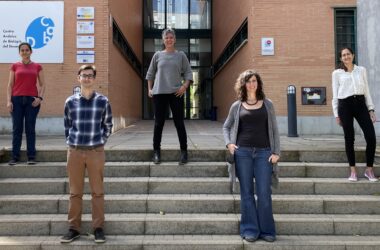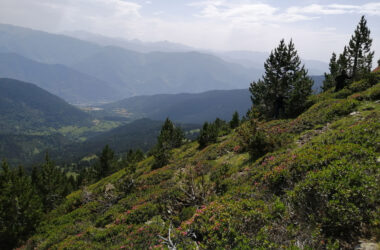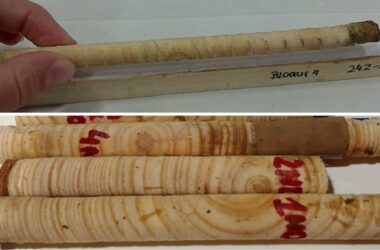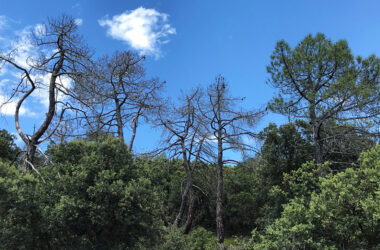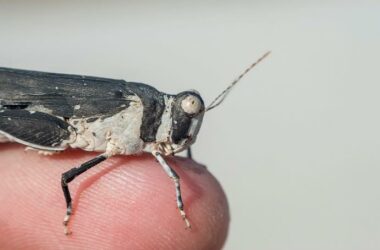Understanding the complex interaction between different cell signaling pathways and mitochondrial function means advancing to counteract ageing. This is the basis of a study carried out by a research group from Universidad Pablo de Olavide, led by researcher Marta Artal Sanz from the Department of Molecular Biology and Biochemistry Engineering. The study has been published in the scientific journal Aging Cell and it has been funded by the program H2020 ERC-Starting Grant ‘Mitochondrial signaling crosstalk in the regulation of ageing (MitoSigAge)’.
Etiqueta: publication
Climate change is decoupling the global treelines growth from rising temperatures
This novel study lead by the Pyrenean Institute of Ecology (IPE-CSIC) and University Pablo de Olavide (UPO) in Spain, in collaboration with 22 institutions around the world has evidenced that trees growing at the upper or poleward forest limits, named treelines, showed growth enhancements coupled with temperature rise since 1980. The growing season length in these ecosystems is limited by[Leer más…]
Genetic and geographic origins define how the Aleppo pine adapts to extreme weather events
The study led by INIA (Madrid) and CETEMAS (Asturias), in collaboration with the Pablo de Olavide University of Seville (UPO) and the University of Coimbra (Portugal), has proven that the adaptation strategies of the Aleppo pine against extremely dry or very humid years depend more on the genetic and geographic origins than on the local weather conditions.
Spain forests demonstrate their ability to resilience despite the increase of severe droughts
A study led by the researchers from the IPE-CSIC and the UPO, in collaboration with 16 Spanish institutions, has proved that Spain forests have been able to recover its growth promptly while facing the increase of severe droughts during the last 30 years. Most of the 16 tree species analysed in 567 Spain forests recovered growth rates after a severe drought in an average period of two years. The work led by Antonio Gazol, an IPE-CSIC researcher, has been recently published under the title Drought legacies are short, prevail in dry conifer forests and depend on growth variability in the Journal of Ecology.
A study shows that grasshoppers are perfectly aware of their own colouration when trying to camouflage
A research team from the Pablo de Olavide University of Seville, led by Pim Edelaar, from the institution’s Department of Molecular Biology and Biochemical Engineering, has carried out an experimental study that shows that grasshoppers are perfectly aware of their own colouration when choosing the place that provides them with better camouflage. The research findings, published in the journal Proceedings of the Royal Society B, show how organisms are able to adjust their environment, each according to their individual needs.
Forgetting to learn
Scientists at EMBL and University Pablo de Olavide discover neural mechanisms in mouse brains that indicate that we actively forget as we learn.

